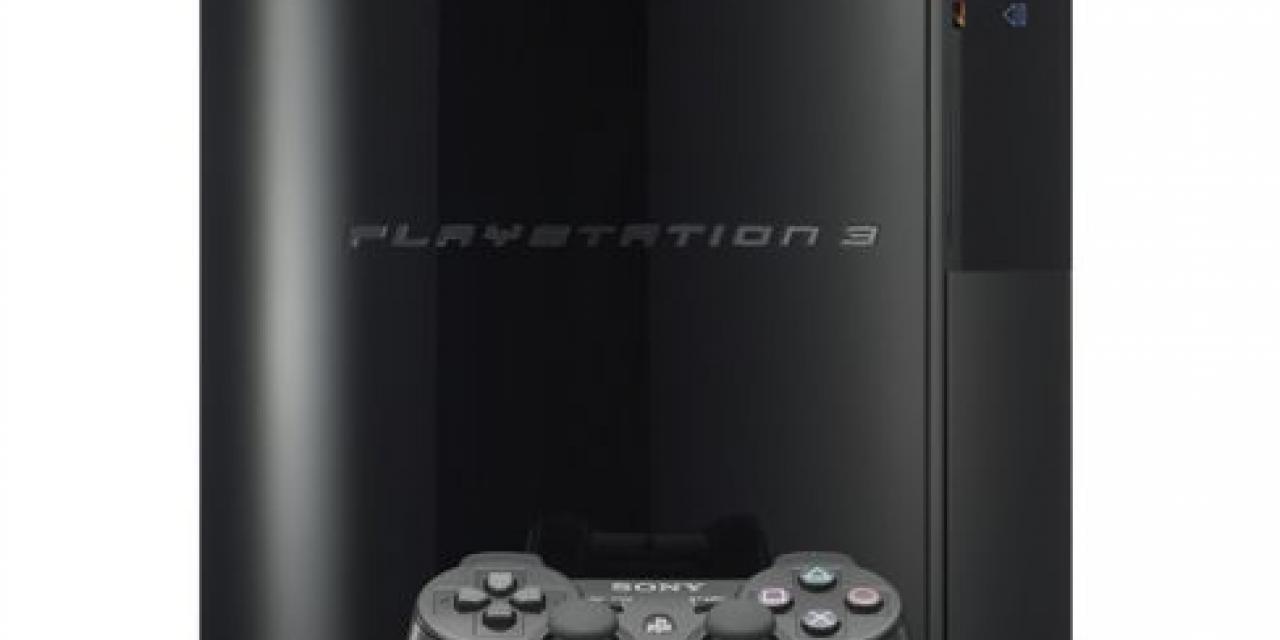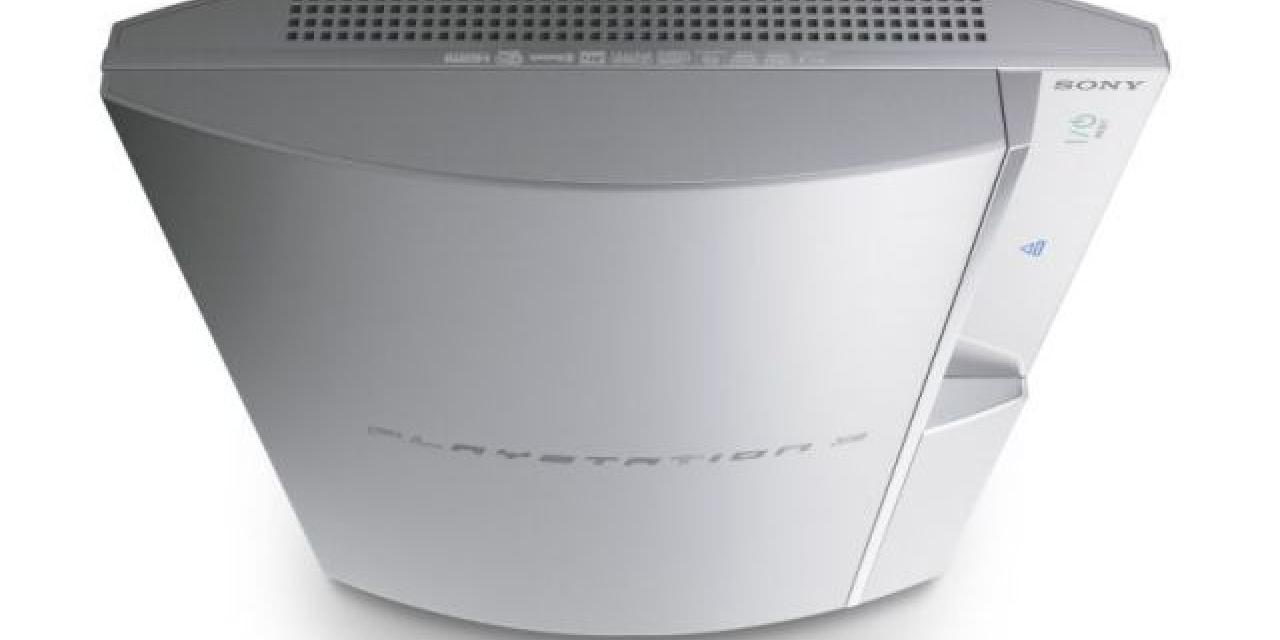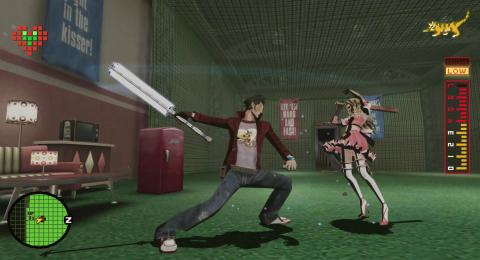

New information has been revealed that suggests that Sony's Cell manufacturing problems are not getting better while the company may be facing some additional Blu-Ray production woes.
MegaGames recently featured a story on some Cell manufacturing issues, Tom Reeves, VP of semiconductor and technology services at IBM, has now confirmed this story and suggested that things have not improved. In an interview with reed-electronics, the IBM exec stated that: With a chip like the Cell processor, you're lucky to get (yields of) 10 or 20 percent. Reeves went on to add that using logic redundancy could double the yield but the IBM VP failed to clear up whether logic redundancy would double the 10 or 20 percent figure but for argument's sake let's assume he means that the yield could be brought up to 40 percent.
It is common for a new chip, entering the manufacturing process to produce low yields and in some cases even 30 percent is considered a decent figure. It is however, difficult to compare what Sony is planning for its PS3 with other new processors. Most new processors are not meant to have a massive launch as they target very specific markets; Sony however, has promised to ship 1 million units every month from launch. The other difference of a new chip and the PS3 is that when a processor chip does not cut the mustard it can be branded as a lower-spec processor and still be sold. According to Reeves however, IBM has been left with a lot of 6 operational core Cell chips; chips which the company doesn't know what to do with (PS3 requires 7 functional cores).
One reply from Mr. Reeves, which we found disconcerting, came when he was asked whether Sony had plans to include chips with fewer than 7 operational cores in the low-end PS3. It could, but I don't think Sony has thought about offering that. That doesn't mean there aren't good uses for a chip with four SPEs (synergistic processing elements).
The other troubling news for Sony comes from its Blu-Ray manufacturing plants. According to a Chinese newspaper the plants manufacturing the diode that generates the blue laser used by Blu-Ray have not been able to meet demand. These delays have caused Sony's plants a lot of problems and it is possible that PS3 manufacture may be affected.
These issues may have been expected as a brand new chip is being manufactured, as well as a brand new DVD drive but they do highlight how risky Sony's tactics have been with the PS3. Even though the choice of Cell may have been unavoidable, the bundling of the Blu-Ray drive with PS3 was an unnecessary move which may have sacrificed the new console's future on the altar of Sony's quest to dominate the DVD distribution market. In this round of the console wars Sony has demonstrated that it has not kept its eye firmly fixed on gaming and that may alienate some of the fans PS2 had won over.







